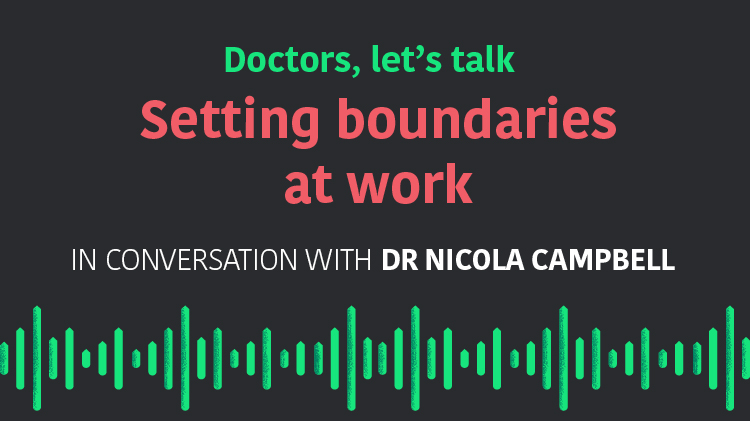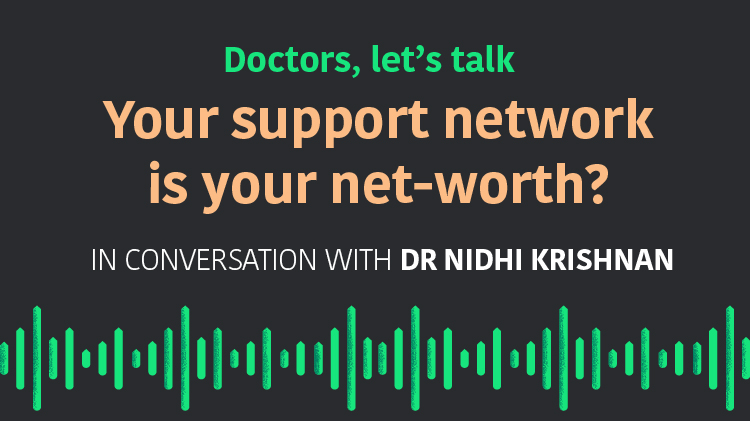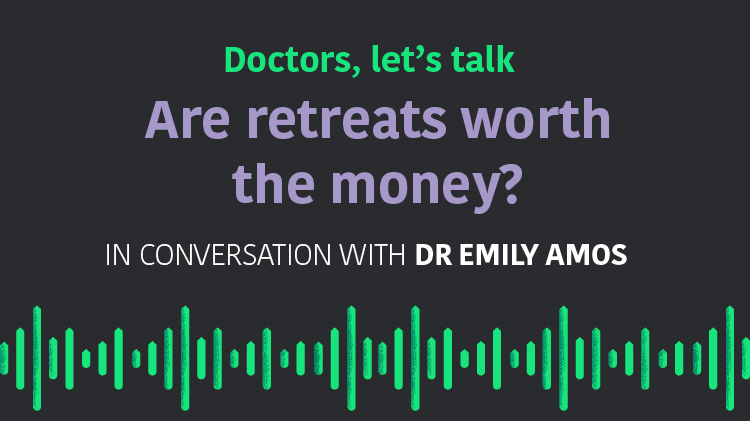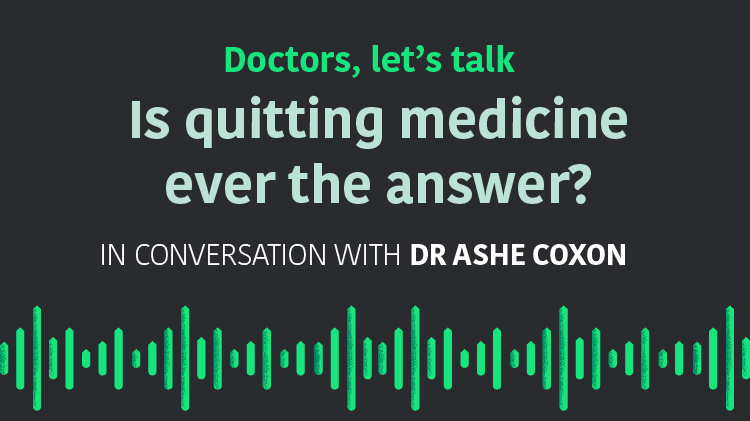More than just advice
10 Jul 2023

Doctors’ health phone lines. A simple name for a service. Every state and territory in Australia has a 24/7 doctor-to-doctor telephone support service for doctors and medical students, as part of their Doctors’ Health Advisory Service (DHAS).
Callers speak directly with experienced GPs who have interest and expertise in doctors’ health.
Broadly, we provide “confidential health-related triage, advice and referral services for doctors and medical students”. But what does that actually look like?
Nationally, our services take over 900 calls per year. Some of our callers choose to remain anonymous. Perhaps it’s worry about reputational risk or the spectre of mandatory reporting to Ahpra – even for states in which helpline doctors have an exemption, such as treating practitioners in WA.
Whatever the reason, we preserve this anonymity, with the only identifying detail required being the caller’s phone number. We ask to obtain some demographic details for internal monitoring, and keep our own confidential notes as we would for any clinical consultation.
Our calls can be quite simple
Students or doctors who are new to a region and for whom we can provide guidance on how to find the right GP; how to access timely, affordable psychological therapy; and how to navigate mental health services under their reciprocal agreement or insurance. Or someone who is on a new roster, or in a new town without access to their usual healthcare team. We can refer them to the ‘Drs for Drs’ list in each state and territory managed by their DHAS; or to services provided by their employer or medical school; or telehealth-only services for doctors; or to clinicians with after-hours availability.
Our calls can be complex
A personal relationship at work which has soured; a doctor who is under an investigation and in financial difficulty; or a student with multiple financial, personal and academic stressors. Often, we will seek advice, with permission, from our fellow helpline GPs and psychiatrist or occupational health advisers, and work with these callers over the subsequent days to address the modifiable factors.
Rarely, we will have an acute caller – where there is evident risk of harm for the caller. Some may have an established relationship with a GP, but their need for support is outside their existing doctor’s availability. We determine the urgency of response required based on an assessment of risk and distress, and we can trigger an immediate intervention until the caller has other care and support available.
Sometimes it’s more about listening and validating, rather than advice
It may be the intern who has just completed another shift with an overwhelming workload and wants to ventilate in order to sleep. Or a trainee who feels a sense of responsibility for a failed resuscitation, who was debriefed after the episode and now seeks a further opportunity to reflect.
Sometimes we offer advice to those who are concerned about doctors
Our caller may be a GP calling about a doctor-patient with emerging symptoms of severe mental illness, seeking advice on how to fast track psychiatrist review. Or a partner of a doctor, who is concerned about their delay in seeking help for depression. Or a student concerned about a fellow student’s behaviour and cannot contact their medical school services after hours. We also speak to those with professional responsibility for junior and senior doctors, who want to ensure their approach to managing a doctor in distress is appropriate for that doctor, their patients, and their health service.
All the above scenarios are frequent enough to be non-identifiable, and to build experience within the helpline doctors of the range of circumstances that face our profession. Hearing from our colleagues in difficulty helps shape our services across Australia, and it sets our priorities for service and advocacy.
We are here, around the clock, for whatever is needed. There is nothing too complex, and there is always something that can be done.
MDA National has a dedicated health and wellbeing online page where you can find the contact information for Doctors’ Health Advisory Services in each state and territory, along with other useful resources: mdanational.com.au/member-benefits/health-and-well-being.
Stay updated with the latest medico-legal content |
Subscribe to MDA National’s biannual Member publication, Defence Update, for the latest medico-legal updates, articles and case studies.

Doctors, Let's Talk: Setting Boundaries At Work
A conversation with Nicola Campbell, Psychiatry Registrar, that explores the necessity of setting professional boundaries as a Junior Doctor.
07 Dec 2022

Doctors, Let's Talk: Your Support Network Is Your Net-Worth
A conversation with Nidhi Krishnan, Paediatric Registrar, that explores the value of building a strong network as a Junior Doctor.
07 Dec 2022

Doctors, Let's Talk: Are Retreats Worth The Money?
A conversation with Dr Emily Amos, General Practitioner, International Board Certified Lactation Consultant, and registered mindfulness teacher, that explores the utility of mindful retreats and self-care among Junior Doctors.
07 Dec 2022

Doctors, Let's Talk: Is Quitting Medicine Ever The Answer?
A conversation with Dr Ashe Coxon, General Practitioner, career counsellor, and founder of Medical Career Planning, that explores the issue of dealing with career uncertainty as a Junior Doctor.
07 Dec 2022

